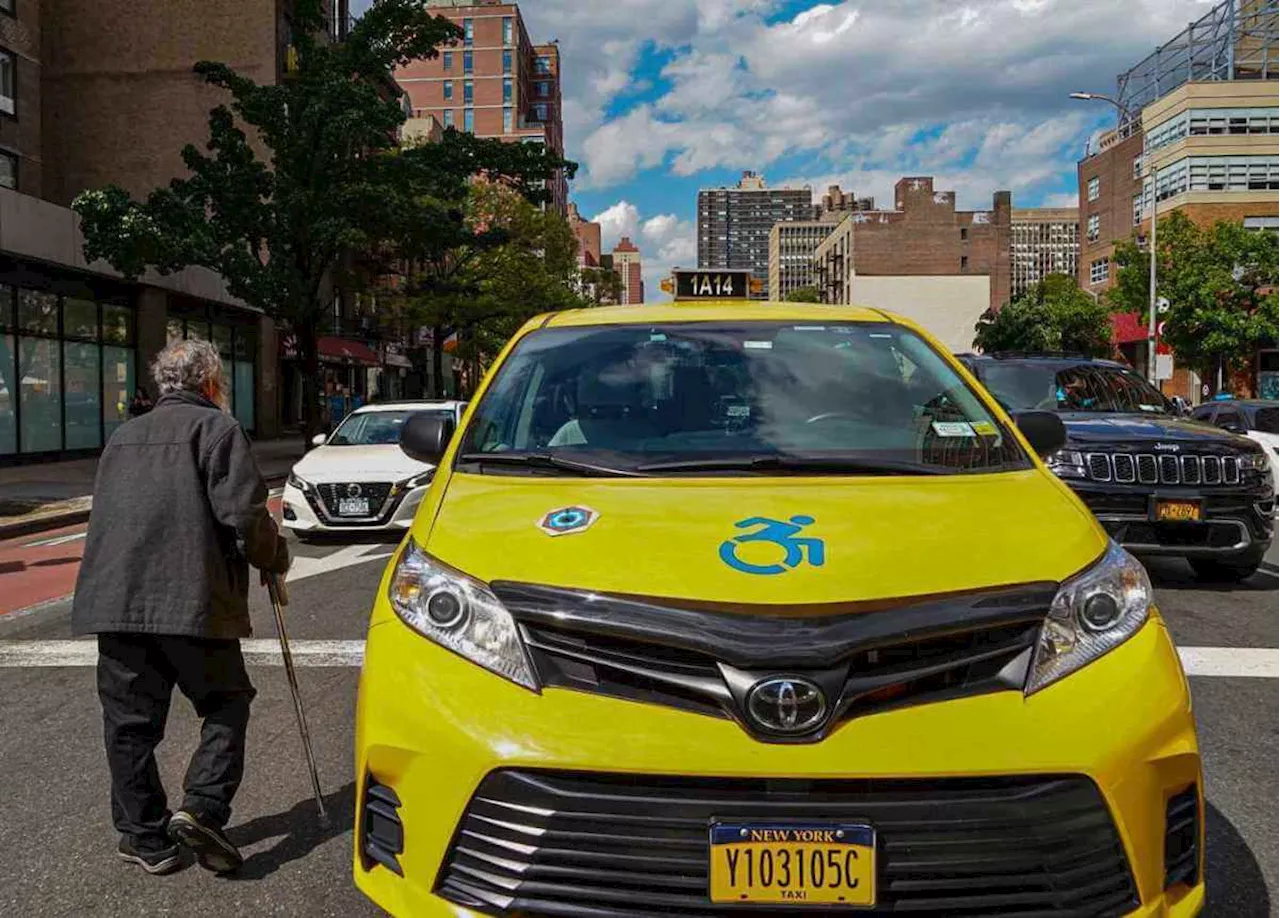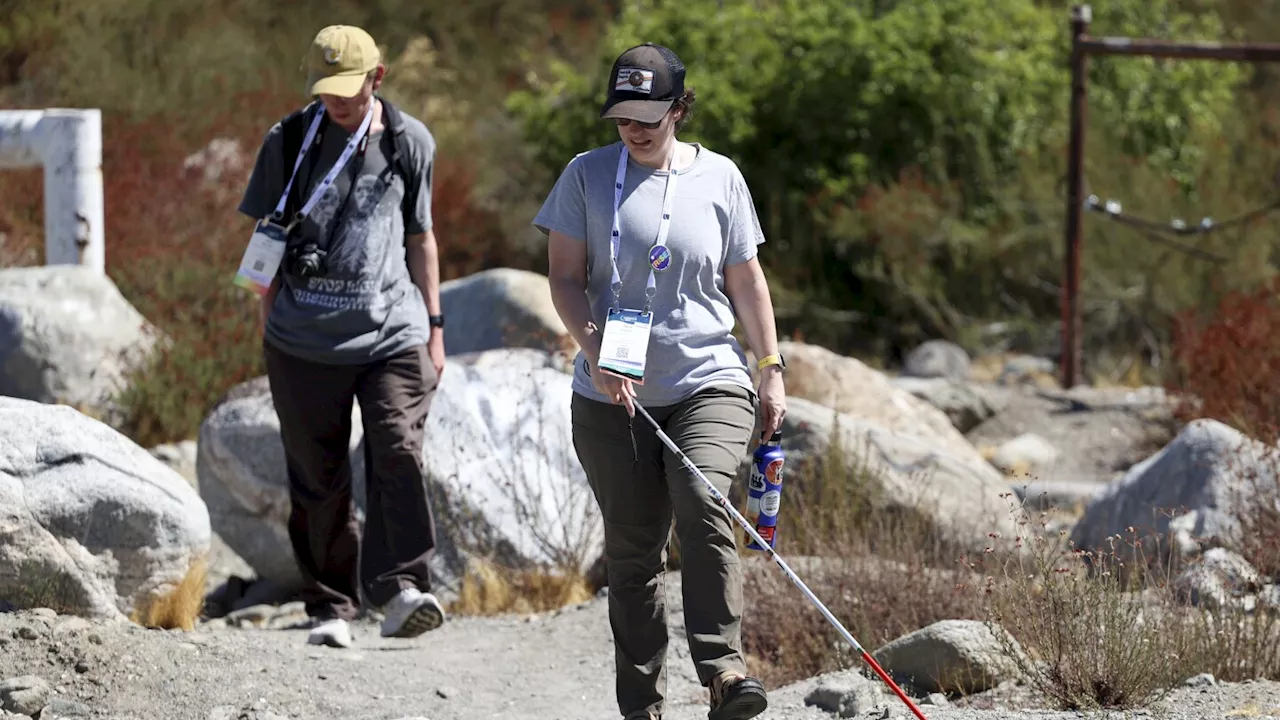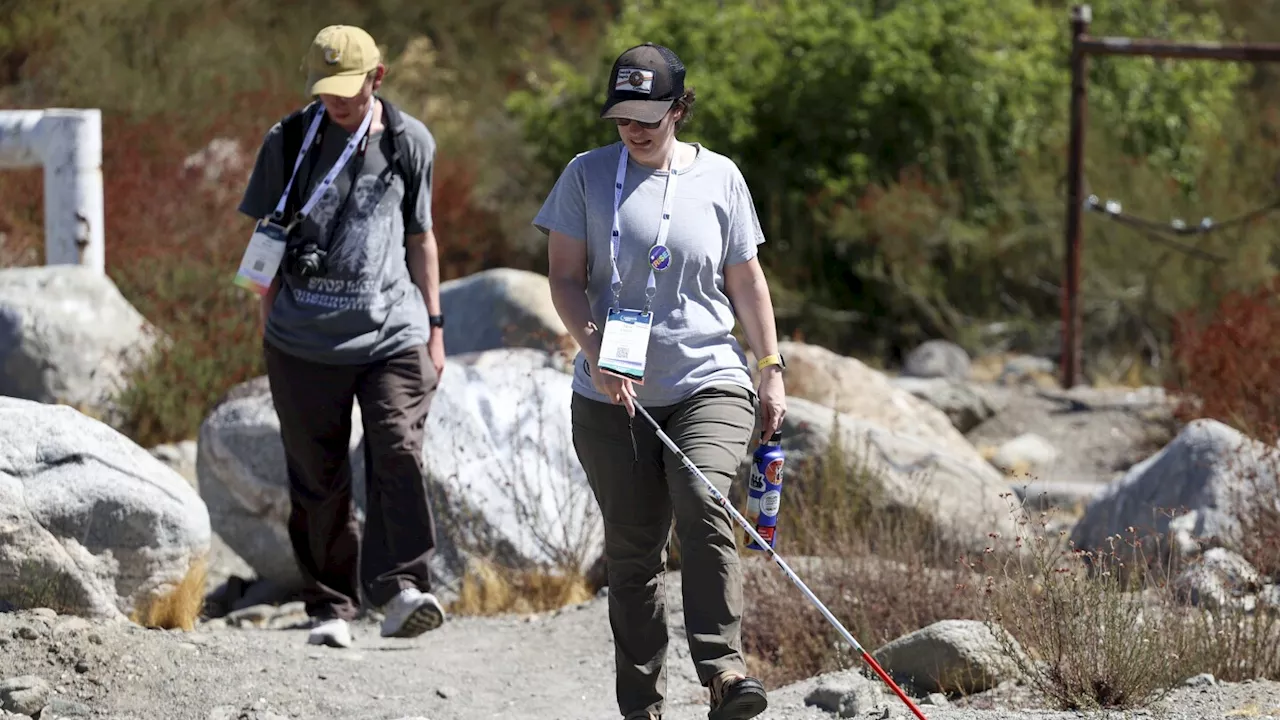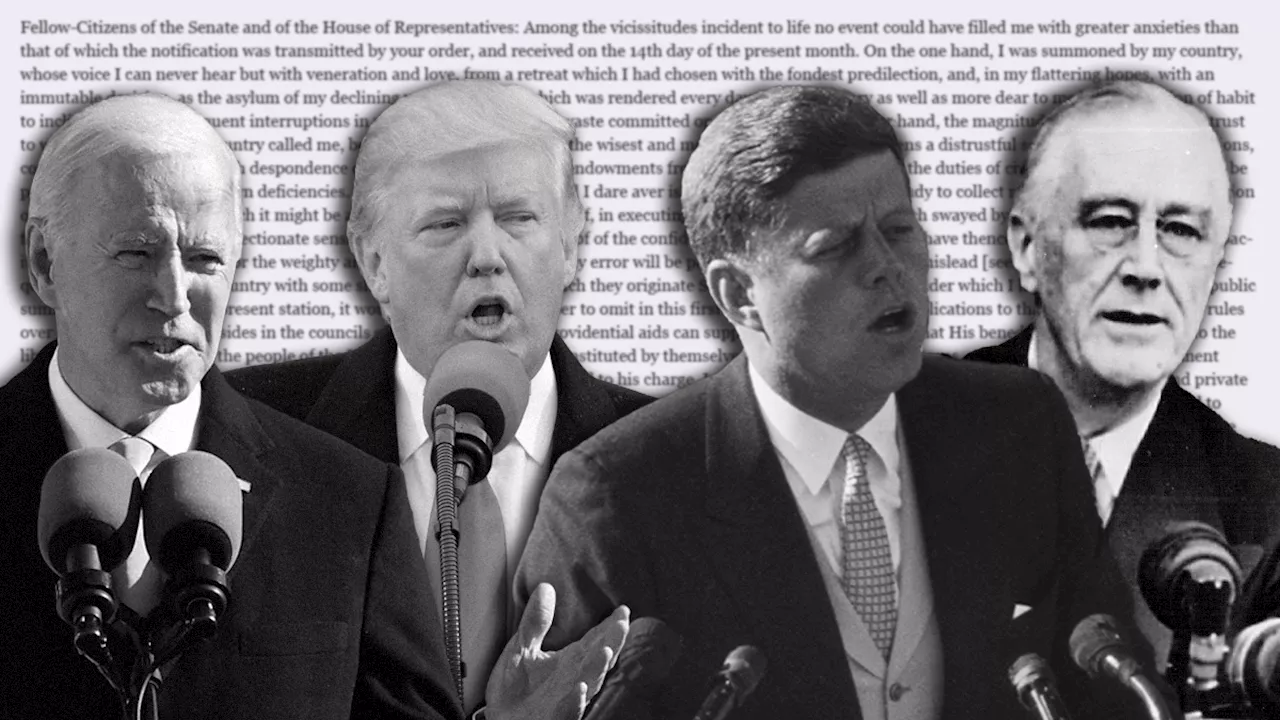Disability advocates are urging the New York City Taxi and Limousine Commission to retain the Accessible Dispatch program, warning that shifting to e-hail apps could diminish the quality of service for disabled riders.
Disability groups in New York City are pushing back against the Taxi and Limousine Commission's ( TLC ) plan to replace the Accessible Dispatch program with a system relying on e-hail apps. They argue that the current single-vendor program provides a vital lifeline for disabled riders, ensuring reliable access to wheelchair-accessible cabs through a dedicated point of contact.
Advocates fear that shifting to multiple e-hail providers like Arro, Curb, and Myle will lead to a fragmented and less reliable service. They point to concerns about the apps' ability to consistently meet the needs of disabled riders, particularly those who may not have smartphones or struggle with app navigation. The groups highlight issues such as difficulty reaching customer support, inaccurate vehicle dispatch, and a lack of understanding regarding specific accessibility requirements.While the TLC claims the new program will expand accessibility options and redirect $6 million in operating costs to finance more accessible taxis, disability advocates remain skeptical. They argue that the savings wouldn't be sufficient to meet the city's growing demand for wheelchair-accessible transportation. They also emphasize that the current Accessible Dispatch program is highly effective, with a user-friendly interface and dedicated dispatchers who understand the unique needs of disabled riders. They urge the TLC to maintain the existing program, emphasizing that 'don't fix what isn't broken.' The TLC maintains that the new program will require e-hail apps to offer phone-based dispatch services, addressing concerns about app accessibility. However, advocates remain unconvinced, citing previous negative experiences with vendor phone lines and expressing doubts about the apps' capacity to provide the same level of reliable and personalized service as the current Accessible Dispatch program
NEW YORK CITY TAXI DISABILITY RIGHTS ACCESSIBLE TRANSPORTATION E-HAIL APPS TLC DISABLED RIDERS ADVOCACY
United States Latest News, United States Headlines
Similar News:You can also read news stories similar to this one that we have collected from other news sources.
 NYC Taxi Commission Plans to Discontinue Accessible Dispatch ProgramThe NYC Taxi & Limousine Commission (TLC) is facing criticism from disability advocates for its plan to end the Accessibility Dispatch program, citing cost-saving measures. The program, crucial for enabling wheelchair users, visually impaired individuals, and other disabled New Yorkers to access transportation, will be replaced by a system relying on multiple e-hail providers. Concerns have been raised about the potential impact on accessibility and the importance of human interaction when booking rides.
NYC Taxi Commission Plans to Discontinue Accessible Dispatch ProgramThe NYC Taxi & Limousine Commission (TLC) is facing criticism from disability advocates for its plan to end the Accessibility Dispatch program, citing cost-saving measures. The program, crucial for enabling wheelchair users, visually impaired individuals, and other disabled New Yorkers to access transportation, will be replaced by a system relying on multiple e-hail providers. Concerns have been raised about the potential impact on accessibility and the importance of human interaction when booking rides.
Read more »
 This Neo-Noir Mystery Drama Was ‘Taxi Driver’ Before ‘Taxi Driver'Emmanuel Ronquillo is a features writer at Collider whose always writing about sitcoms, classic movies, and as much sci-fi and fantasy as he can.
This Neo-Noir Mystery Drama Was ‘Taxi Driver’ Before ‘Taxi Driver'Emmanuel Ronquillo is a features writer at Collider whose always writing about sitcoms, classic movies, and as much sci-fi and fantasy as he can.
Read more »
 How Genomics Uses DNA And Tech To Make Healthcare Accessible To AllGenomics, Sir Donnelly said, works with companies across myriad industries such as healthcare and insurers in providing better care.
How Genomics Uses DNA And Tech To Make Healthcare Accessible To AllGenomics, Sir Donnelly said, works with companies across myriad industries such as healthcare and insurers in providing better care.
Read more »
 Scientists with Disabilities Explore San Andreas Fault in Accessible Field TripA group of scientists with disabilities recently participated in an accessible field trip to the San Andreas Fault, organized by the International Association of Geoscience Diversity. The trip aimed to improve access to field and lab work for individuals with disabilities in the geoscience community.
Scientists with Disabilities Explore San Andreas Fault in Accessible Field TripA group of scientists with disabilities recently participated in an accessible field trip to the San Andreas Fault, organized by the International Association of Geoscience Diversity. The trip aimed to improve access to field and lab work for individuals with disabilities in the geoscience community.
Read more »
 Accessible Field Trip to San Andreas Fault Showcases Inclusive ScienceA recent field trip organized by the International Association of Geoscience Diversity brought together scientists with disabilities to explore the San Andreas Fault, highlighting the importance of inclusivity in scientific research.
Accessible Field Trip to San Andreas Fault Showcases Inclusive ScienceA recent field trip organized by the International Association of Geoscience Diversity brought together scientists with disabilities to explore the San Andreas Fault, highlighting the importance of inclusivity in scientific research.
Read more »
 Presidential Inaugural Addresses: From Archaic to AccessibleOver time, presidential inaugural addresses have evolved from complex, archaic language to simpler, more accessible prose, reflecting a growing emphasis on national unity.
Presidential Inaugural Addresses: From Archaic to AccessibleOver time, presidential inaugural addresses have evolved from complex, archaic language to simpler, more accessible prose, reflecting a growing emphasis on national unity.
Read more »
